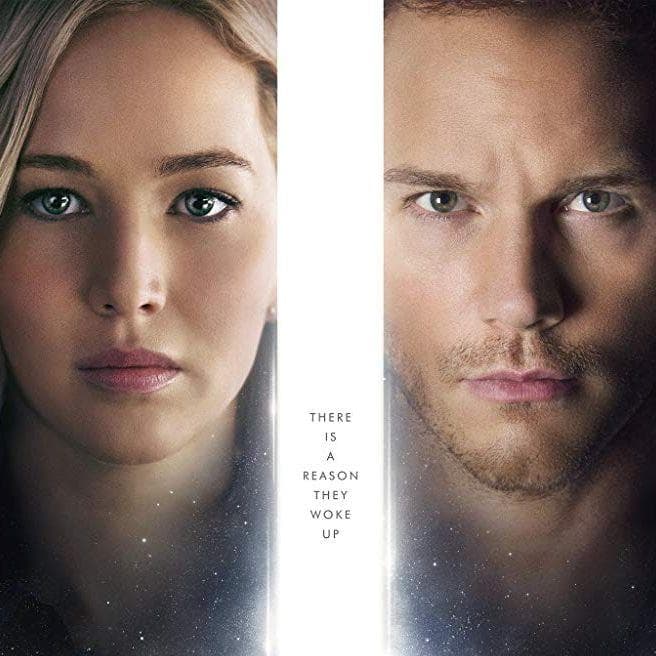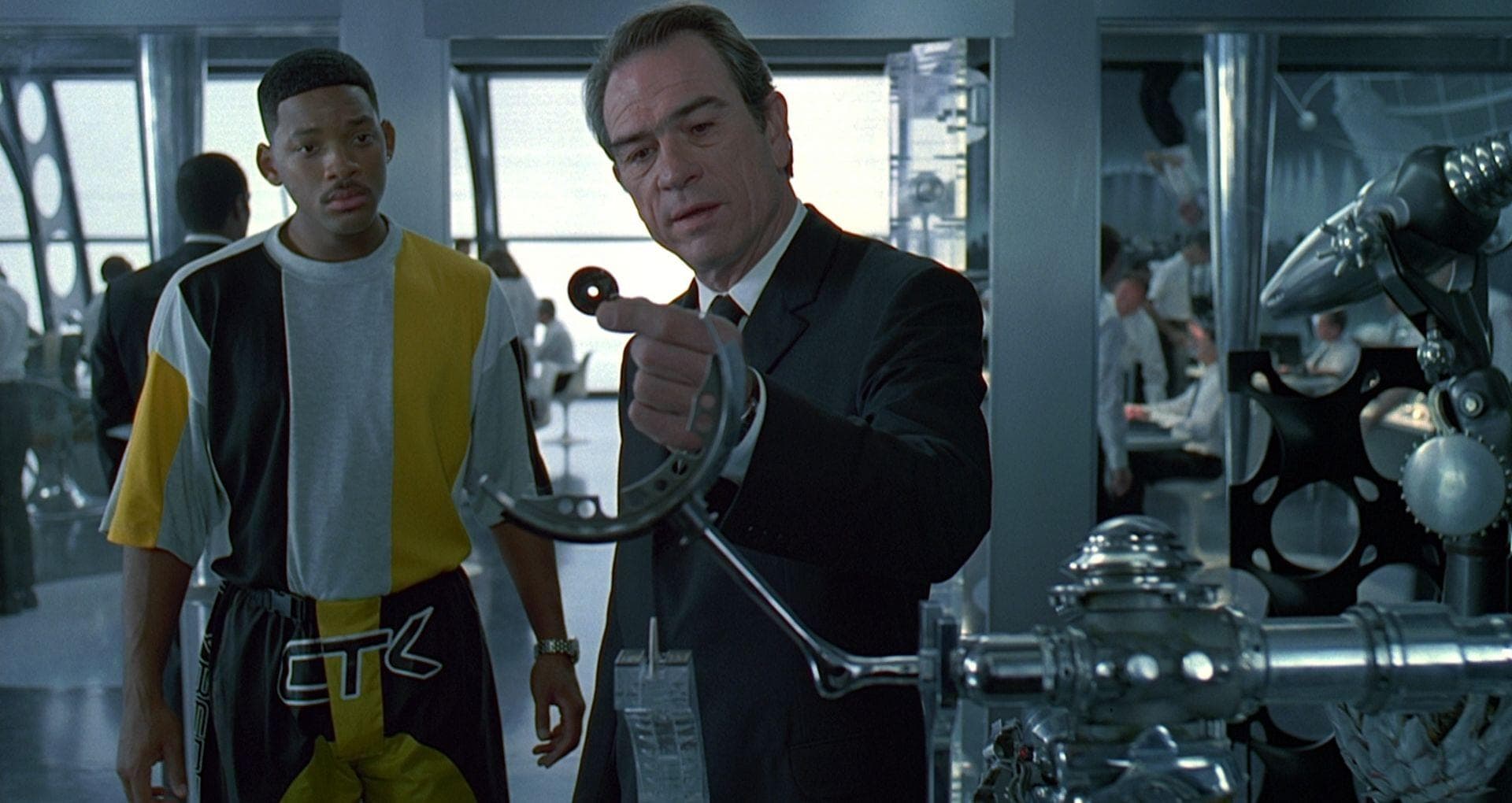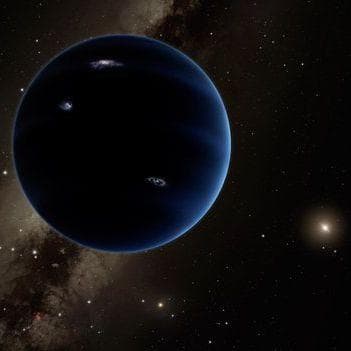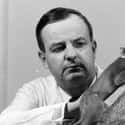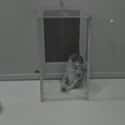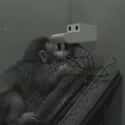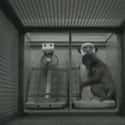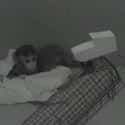-
(#1) Harlow's Monkey Love Experiments Proved The Importance Of Motherly Affection
American psychologist Harry F. Harlow set out to examine how rhesus monkeys behaved when separated from their mothers. He wanted to determine how instrumental maternal contact and companionship was to a young primate's development, both socially and mentally.
Harlow performed various experiments to see how the monkeys' attitudes and demeanor were affected when they were removed from their mothers and placed into isolating environments. He filmed their responses.
-
(#9) Monkeys With Wire Mothers Behaved Like A Child On The Autism Spectrum Might
Harlow observed that the infant monkeys who were raised by wire mothers reacted in a manner similar to that of autistic children or children who spent time in institutions. The monkeys' behavior was also comparable to the behavior of adults who were committed to mental health facilities. The experiment showed the importance of emotional attachment to an individual's development.
-
(#3) Harlow Didn't Believe That The Infant Monkeys Would Have Issues With Surrogate Mothers
Harlow was convinced that baby monkeys under the age of three months who were taken from their biological mothers would have little difficulty adjusting to their fake mothers. He didn't believe the mother/child bond occurred within the first 90 days of life. He wanted to prove that love for the mother was based on emotional needs not physiological factors.
Harlow also aimed to find out if the bond between a mother and child was dependent solely on the mother being a food source or whether other factors contributed to their connection.
-
(#4) The Infant Monkeys Preferred The Cloth Mothers Even When The Wire Ones Provided Milk
Both types of surrogate mothers were capable of nourishing the monkeys with milk. Harlow discovered that monkeys who could choose between the two surrogates preferred the terrycloth mothers, even when milk was solely provided by the wire mothers.
The experiment revealed that the mother/infant bond was not predicated by nourishment.
-
(#12) Harlow's Later Research Included The Horrific Pit Of Despair Experiment
Later on in his career, Harlow took his experimentation a step further by locking some monkeys in boxes for nearly a year. He determined that the environment traumatized the babies and led to crippling psychological behavior. Harlow and one of his students, Stephen Suomi, also developed what became known as the "pit of despair."
Their twisted creation was a dark metal box that completely isolated primates. The monkeys who were locked inside went insane within days. They ripped out their own fur, bit themselves, and tore their skin apart. When the researchers removed the monkeys from the boxes, some were so disturbed that they refused to eat and died of starvation.
-
(#10) Monkeys Placed In Isolation Without A Mother For Several Months Were Psychologically Damaged For Life
Harlow performed other experiments in which he and his colleagues exposed the infant monkeys to long periods without a surrogate mother. Those who had no exposure to other infants or any surrogate mother within their first eight months were irreversibly damaged.
The psychologist determined that for baby monkeys, the adverse effects could be altered only if they were isolated for less than 90 days. He concluded the human equivalent would be six months.
New Random Displays Display All By Ranking
About This Tool
Harry Harlow is an American psychologist in the 20th century. He is famous in the academic field for studying the love between the baby monkey and its mothers. In a series of experiments, he took the baby monkey away from the mother and raised it in an isolated environment. Monkeys that grew up in this environment did not have the ability to socialize normally, and some even died on hunger strikes after returning to the monkey group.
There is no doubt that the experiment is cruel, we can also feel the pain and loneliness of these baby monkeys due to the lack of love in Harry Harlow's scientifically rigorous texts. Here the random tool describes 12 details about the experiment.
Our data comes from Ranker, If you want to participate in the ranking of items displayed on this page, please click here.



